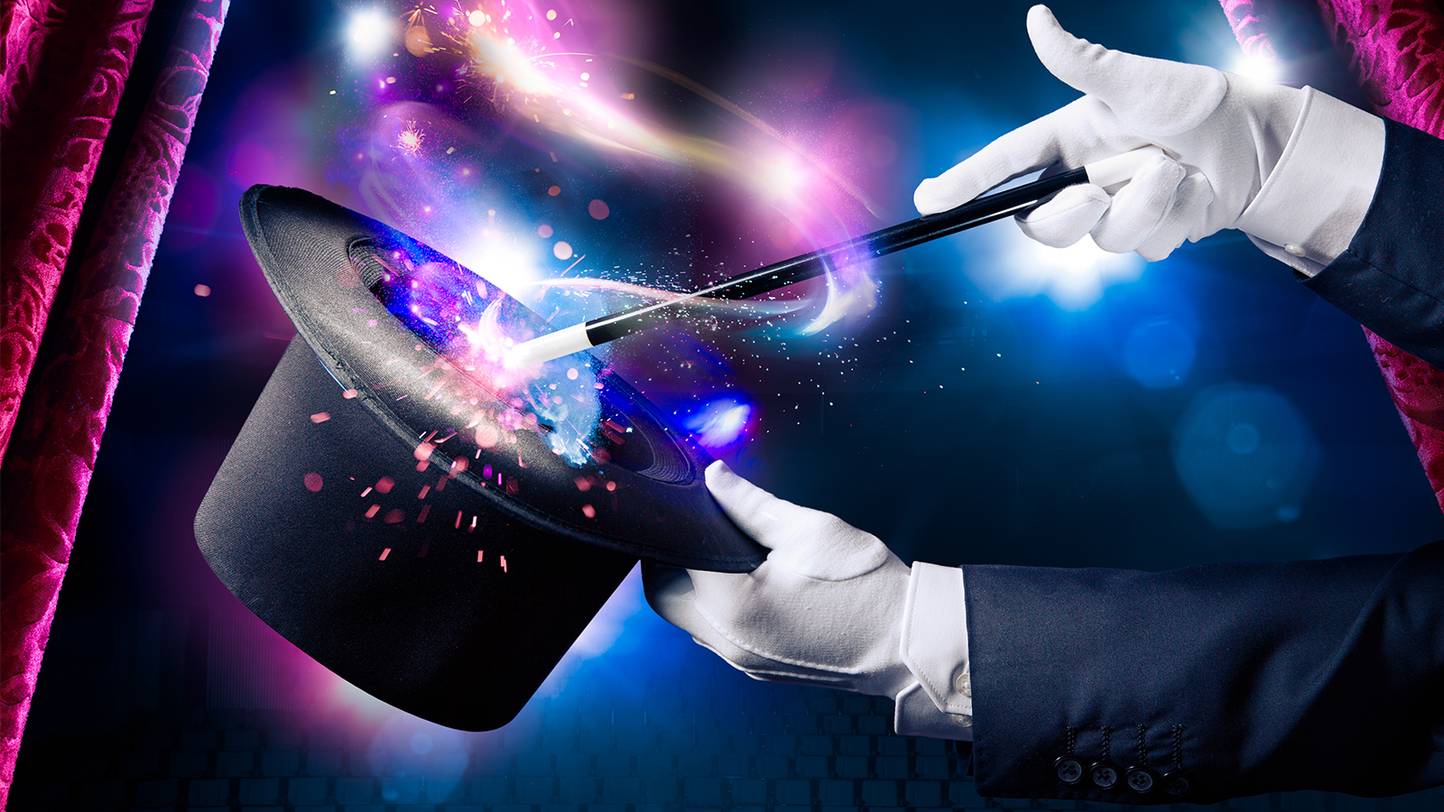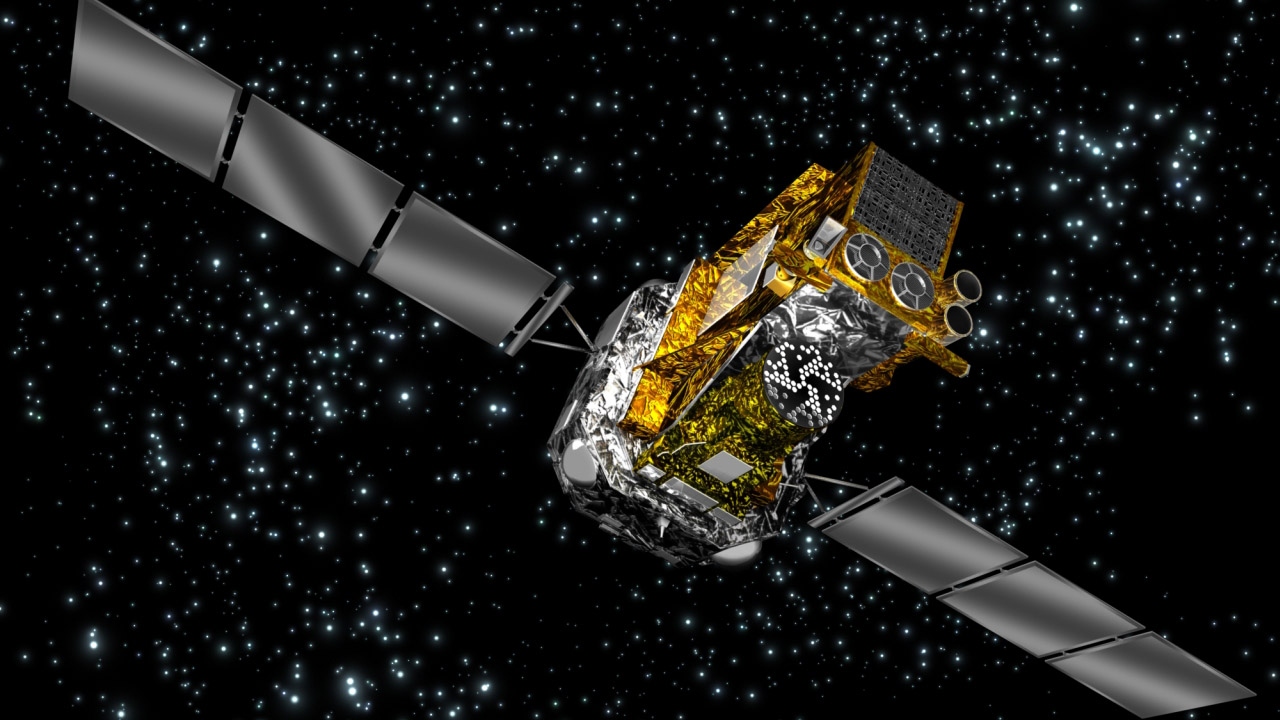
Magic has always fascinated people, from ancient times to today. But what exactly makes magic so captivating? Is it the mystery, the illusion, or the sheer wonder of the impossible becoming possible? In this blog post, we’ll dive into 50 intriguing facts about magic that will leave you spellbound. From the history of magic to famous magicians and their tricks, we’ll cover it all. Whether you’re a budding magician or just curious about the world of illusions, these facts will give you a deeper appreciation for this enchanting art form. Ready to be amazed? Let’s get started!
The Origins of Magic
Magic has fascinated humans for centuries. Its origins are shrouded in mystery, blending myth, history, and culture.
- The word "magic" comes from the Greek word "magikos," which means "of the Magi." The Magi were priests in ancient Persia known for their mystical practices.
- Ancient Egyptians practiced magic as part of their religion, believing it could influence gods and spirits.
- In medieval Europe, alchemists sought to transform base metals into gold, blending science and magic.
- The earliest known magic trick is the "cups and balls" routine, performed in ancient Egypt around 2700 BCE.
Famous Magicians in History
Throughout history, certain magicians have stood out, leaving a lasting impact on the world of magic.
- Harry Houdini, born Erik Weisz, was famous for his escape acts and stunts, becoming a legend in the early 20th century.
- Jean Eugène Robert-Houdin, a French magician, is often called the father of modern magic. He inspired Houdini, who took his name as a tribute.
- David Copperfield, an American magician, is known for his grand illusions, including making the Statue of Liberty disappear.
- Penn & Teller, a duo known for their unique blend of comedy and magic, have been performing together since the 1970s.
Types of Magic
Magic comes in various forms, each with its own unique style and techniques.
- Close-up magic involves tricks performed right in front of the audience, often with cards or coins.
- Stage magic features large-scale illusions performed on a stage, such as sawing a person in half.
- Mentalism focuses on mind-reading and psychological illusions, making it seem like the magician can read thoughts.
- Street magic is performed in public places, often involving impromptu tricks that engage passersby.
Magic in Pop Culture
Magic has a significant presence in movies, books, and television, captivating audiences worldwide.
- The Harry Potter series, written by J.K. Rowling, has popularized magic for a new generation, with its detailed magical world.
- The Lord of the Rings, by J.R.R. Tolkien, features powerful wizards like Gandalf, blending magic with epic fantasy.
- The TV show "Magic's Biggest Secrets Finally Revealed" exposed many classic magic tricks, sparking controversy among magicians.
- The movie "The Prestige," directed by Christopher Nolan, explores the rivalry between two magicians, delving into the darker side of magic.
Magic Tricks and Illusions
Magicians use a variety of tricks and illusions to amaze their audiences. Here are some classic examples.
- The disappearing act involves making an object or person vanish, often using mirrors or trapdoors.
- Levitation tricks create the illusion of floating, using hidden supports or wires.
- The "sawing a person in half" trick uses a specially designed box to create the illusion of separation.
- Card tricks rely on sleight of hand and misdirection to surprise and delight spectators.
The Psychology of Magic
Magic relies heavily on psychological principles to create its effects, manipulating perception and attention.
- Misdirection is a key technique, diverting the audience's attention away from the secret moves.
- The "illusion of choice" makes spectators believe they have free will, while the magician controls the outcome.
- Cognitive biases, such as the "confirmation bias," make people more likely to believe in the magic they see.
- The "uncanny valley" effect can make certain illusions feel unsettling, adding to their impact.
Magic Around the World
Different cultures have their own unique traditions and practices related to magic.
- In India, street magicians known as "jadugars" perform tricks like the Indian rope trick, captivating audiences.
- Chinese magic often involves intricate props and storytelling, with a rich history dating back thousands of years.
- African magic, or "juju," blends traditional beliefs with supernatural practices, often involving rituals and charms.
- Native American shamanism uses magic for healing and spiritual purposes, connecting with nature and spirits.
The Science Behind Magic
Magic and science often intersect, with magicians using scientific principles to enhance their tricks.
- Optical illusions exploit the way our brains process visual information, creating impossible images.
- Physics principles, like the conservation of momentum, can be used to create seemingly impossible feats.
- Chemistry plays a role in tricks involving fire or explosions, using controlled reactions for dramatic effects.
- Psychology helps magicians understand how people think and perceive, allowing them to craft more effective illusions.
Magic Societies and Organizations
Magicians often join societies and organizations to share knowledge and promote their craft.
- The Magic Circle, based in London, is one of the most prestigious magic societies in the world.
- The Society of American Magicians, founded in 1902, is the oldest magic organization in the United States.
- The International Brotherhood of Magicians, with members worldwide, promotes the art of magic through conventions and publications.
- The Academy of Magical Arts, based at the Magic Castle in Hollywood, is a private club for magicians and magic enthusiasts.
Learning Magic
Many people are fascinated by magic and want to learn how to perform tricks themselves.
- Magic books, such as "The Royal Road to Card Magic," provide step-by-step instructions for beginners.
- Online tutorials and courses offer a convenient way to learn magic from the comfort of home.
- Magic shops, both physical and online, sell props and supplies for aspiring magicians.
- Magic clubs and societies often hold workshops and meetings where members can learn from each other.
Magic and Technology
Modern technology has opened up new possibilities for magicians, allowing for even more impressive illusions.
- Augmented reality (AR) can create interactive magic experiences, blending the digital and physical worlds.
- Drones can be used in stage performances to create dynamic, moving illusions.
- Holograms allow magicians to project lifelike images, adding a futuristic element to their shows.
- Social media platforms like YouTube and TikTok have given magicians a global audience, allowing them to share their tricks with millions.
Ethical Considerations in Magic
Magic can raise ethical questions, particularly when it comes to deception and the treatment of audiences.
- Some magicians believe in full transparency, revealing the secrets behind their tricks to educate the public.
- Others argue that the mystery is essential to the art of magic, and revealing secrets would ruin the experience.
- Ethical magicians avoid using their skills to manipulate or deceive people outside of performances.
- Respecting the audience's intelligence and emotions is crucial, ensuring that magic remains a positive and entertaining experience.
The Future of Magic
As society evolves, so does the art of magic. What might the future hold for this ancient practice?
- Virtual reality (VR) could create immersive magic shows, transporting audiences to fantastical worlds.
- Advances in neuroscience may lead to new techniques for manipulating perception, pushing the boundaries of what magic can achieve.
The Magic of Facts
Facts about magic reveal a world filled with wonder, mystery, and history. From ancient rituals to modern-day illusions, magic has always fascinated people. Learning these facts not only entertains but also educates, showing how deeply magic is woven into human culture. Whether it's the secrets behind famous tricks or the origins of magical traditions, each fact adds a layer of intrigue.
Understanding magic's history helps appreciate its role in storytelling and entertainment. It also highlights the creativity and skill of magicians who continue to captivate audiences. So next time you watch a magic show or read about a magician's life, remember the rich tapestry of facts that make magic so enchanting.
Keep exploring, stay curious, and let the magic of facts inspire you. There's always more to learn and discover in the world of magic.
Was this page helpful?
Our commitment to delivering trustworthy and engaging content is at the heart of what we do. Each fact on our site is contributed by real users like you, bringing a wealth of diverse insights and information. To ensure the highest standards of accuracy and reliability, our dedicated editors meticulously review each submission. This process guarantees that the facts we share are not only fascinating but also credible. Trust in our commitment to quality and authenticity as you explore and learn with us.


